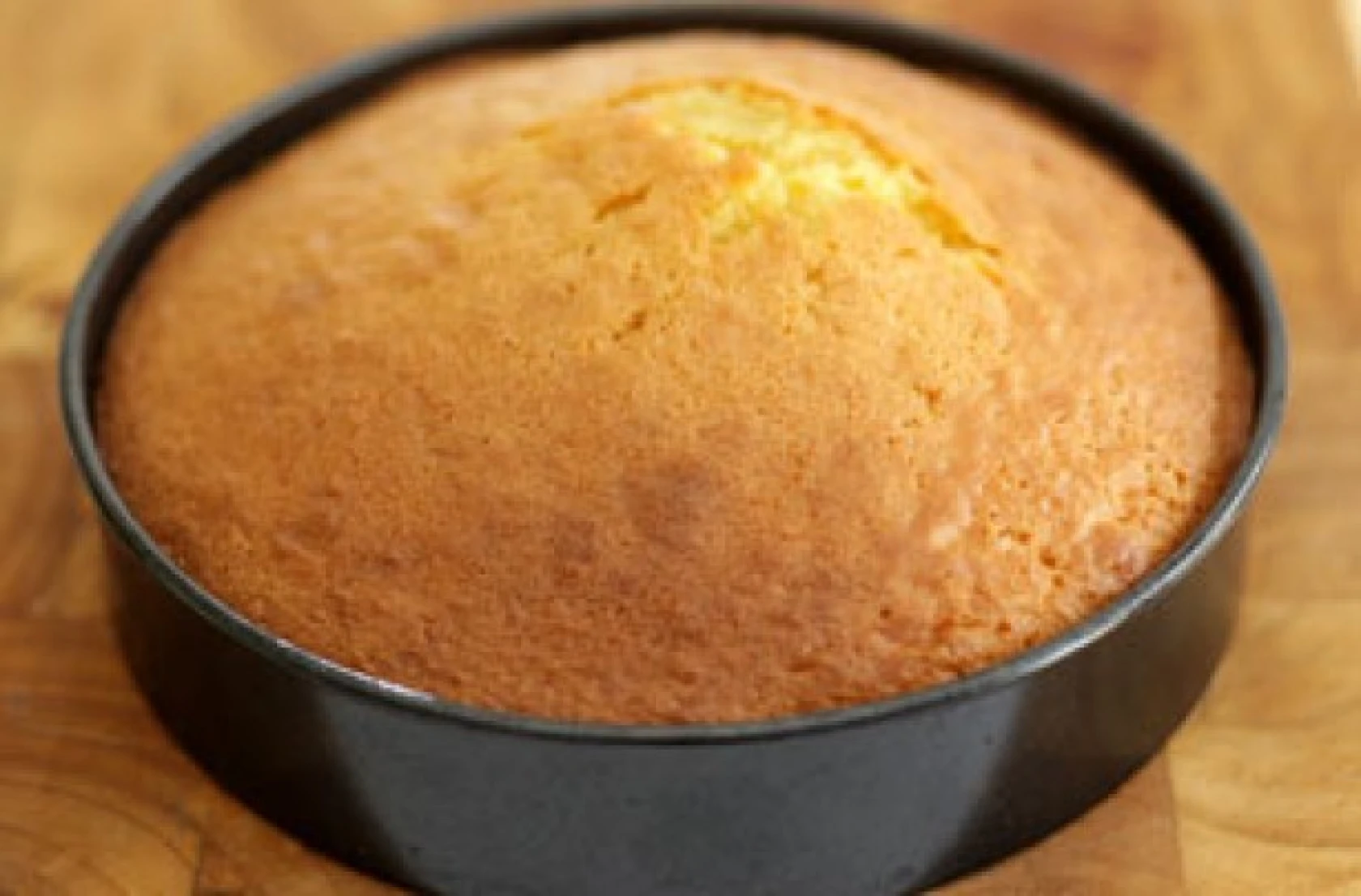The title might suggest that I am following up on Ben Yagoda’s informative post on the expression done and done, but instead I am revisiting one of my mother’s grammar bugbears.
When my sisters and I were kids, at the end of dinner, we at least sometimes described the postmeal state of affairs this way: “I’m done.” And then we would ask to be excused from the table. My mother would remind us, “Cakes are done, you are finished.” Or, she would tease us: “Are you ready to come out of the oven?”
I will sometimes still hear my mother’s voice whispering in my ear when I hear someone (and I include myself as one of these someones*) say, “I’m done.” Yet somehow the curious linguist in me had never done my homework to see how well this “rule” holds up to critical scrutiny. Until, that is, an audience member asked me about it after a talk a few weeks ago. This young woman’s grandmother corrects her exactly the way my mother did, and she wanted to know the backstory.
Well, the backstory is that this “rule” does not hold up well at all. The earliest citation in Merriam-Webster’s Dictionary of English Usage is 1917 (H.N. MacCracken and Helen Sandison’s Manual of Good English), and the correction of done to finished comes with no explanation. According to the Oxford English Dictionary, done has been used to mean “completed or finished” for hundreds of years — typically early on in constructions such as a done thing and later in constructions such as am/is/are done. But the rule took hold, with the aid of books like Theodore Bernstein’s The Careful Writer (1965).
Of course, the word done, in its one-syllable Germanic finality, has a rhetorical power that is different from its synonym finished. Sometimes when you’re done (talking about something, doing push-ups, filing your taxes), you’re done. Done! With an exclamation mark. Being done can be more satisfying than being finished.
I am reminded once again of the power of usage-guide writers’ personal stylistic preferences to become grammar gospel. And even now that I know how unjustified the proscription of done for finished has always been, I still hear my mother saying, “Cakes are done, Anne. In terms of this blog post, you are finished.”
_____
*Now there is a tricky plural construction. I wanted to write someone’s as a plural, but it is hard to justify the apostrophe there — even though I think it looks better given the playfulness of the way I am referring back to this singular indefinite pronoun. We do sometimes use the apostrophe for plural forms (despite the stigma of the “the grocer’s apostrophe”): consider Ph.D.’s and p’s and q’s. Style guides disagree on constructions such as 9s/9’s.
This blog was originally posted on The Chronicle




